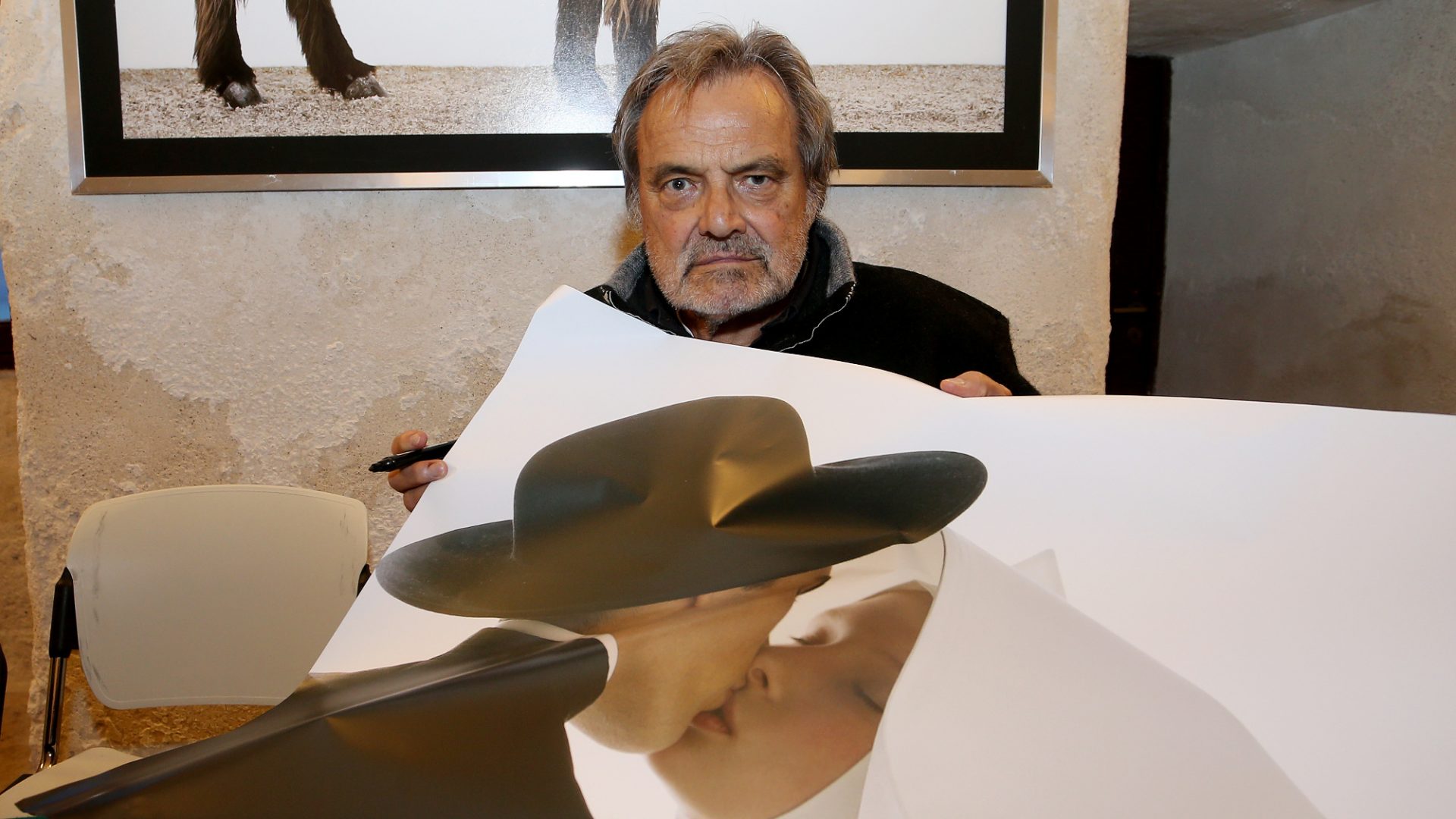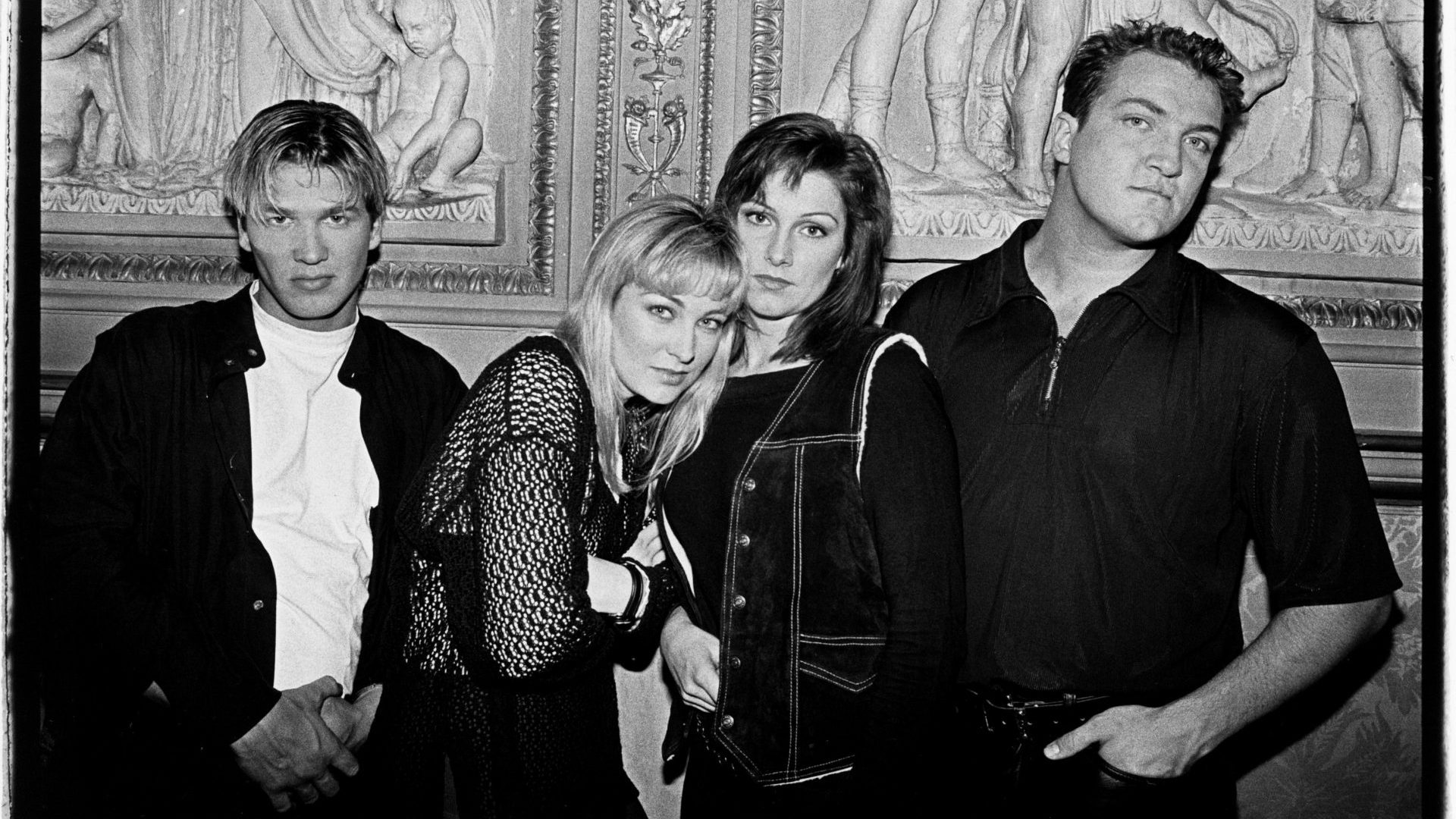Keir Starmer is like a football manager seriously in need of a winning streak. He has used the political transfer window to make two serious signings who will help him deliver the Brexit reset that he believes will bring some quick victories. The question now is whether doing so will make a serious difference to the fortunes of UK FC.
To the screams of Brexiters who loathe him for negotiating Theresa May’s unfulfilled Brexit deal – seriously flawed but better than what we ended up with – Sir Olly Robbins has become the senior civil servant at the Foreign Office. Another Whitehall big-hitter, Michael Ellam has joined as EU Sherpa to do the negotiations and then hand the paperwork to the foreign secretary or PM to sign in front of the cameras.
This is an obvious improvement on the Tory years of arm’s-length arrogance. The bad news is that the kind of reset Starmer is aiming for will barely touch the sides of undoing the immense damage that Brexit has done, and will continue to do, to the UK.
John Springford of the Centre for European Reform (CER) has produced what he calls “rough and ready calculations” on the boost a proposed reset will bring. He previously put the Brexit hit to GDP at 5% (the Office for Budget Responsibility says it is 4%).
Given Starmer’s red lines of rejoining the single market or customs union, the CER thinks his reset might raise the UK’s wealth by 0.3-0.7%. Set against the Tories’ very marginal Global Britain GDP gains from Brexit trade deals, this is not something to be sniffed at.
By 2035, those are estimated to deliver 0.08% from Australia, 0.03% from New Zealand and 0.04% from Kemi Badenoch’s flagship trans-Pacific trade deal, for a possible total of 0.15%. Yet 0.3-0.7% is hardly the adrenaline injection that would get the economy up and running.
The limited gains are mainly due to the limited measures the government will consider: a veterinary agreement, which would mean following EU rules but would cut barriers, checks and tests at our borders; help for performing artists touring the EU, nice but economically insignificant; and mutual recognition of each other’s professional qualifications, so highly paid professionals can work in the UK and the EU.
Not exactly the most ambitious agenda, but even this might be beyond us if we keep dragging our feet on EU proposals for youth mobility and lower tuition fees for EU students at UK universities. Doing a deal that included those might mean agriculture and the arts adding 0.1% to our wealth in 10 years, professional qualifications and youth mobility bringing in another 0.1-0.5%, and higher student numbers another 0.1%.
Springford’s report makes clear that “far from ‘tearing down’ barriers to trade and migration, Britain’s proposed reset is likely to do little to offset the costs of Brexit”. It adds that rejoining the EU now – especially if there was no threat of the Brexiters taking us out again – would undo almost all the damage almost immediately. But that is not the political situation we are in.
The latest report from the Institute for Public Policy Research (IPPR) think tank makes clear why Starmer needs to go further than his current red lines allow. With Donald Trump threatening trade wars with just about everybody, we are in a very weak position.
The IPPR report shows that UK trade with the EU is down sharply, and that this is not a global pattern. In the four years to 2023, the G7 nations saw an average increase of 5% in goods exports to Europe, while the UK saw a fall of 10%.
To counter this, the IPPR is calling for not just an agriculture agreement with Brussels, but also a deal on emissions trading and a mutual recognition agreement on product standards.
The report’s author, Marley Morris, told me: “An agricultural deal with the EU could boost food exports by 22%,” which is why such a deal “with the EU has to be prioritised, that has to be the red line.”
Morris thinks we can do that and still possibly negotiate a free trade agreement (FTA) with the US – “It is not impossible to navigate. In principle, we can have a closer relationship with the EU and an FTA with the US,” he says. The obvious stumbling block is over food standards.
But what would the real reset of a return to the single market do? Thanks to the negotiating incompetence of Boris Johnson and David Frost, we can tell.
Northern Ireland has remained in the single market of the EU, and surprise, surprise it is doing much better than the rest of the UK. Work by Prof Eleonora Alabrese of Bath University (and others) for UK In A Changing Europe finds that while Brexit has cost England 7% of GDP and Scotland 8.7%, Northern Ireland has mostly benefited. Its economy is down 1.35% since 2016, but is now actually growing rapidly because of its special Brexit deal.
As she told me: “The port areas of NI have been hit the most and that is reasonable to expect now there is a border in the Irish Sea, but economic activity seems to have moved closer to the border with Ireland, which we think is due to NI enjoying the best of both worlds.”
Who’d have thought it? A part of Brexit Britain that is still in the single market significantly outperforming the parts that aren’t, and by several whole percentage points.
It underlines that the ambitions of this government are far too limited, and that there is a prize to be had if only we had the courage to seize it. The government says it is doing everything in its power to boost growth and productivity; you only have to look at Northern Ireland to see that is just not true.
We are coming up with ways to avoid relegation, when we should be shooting for the title.




